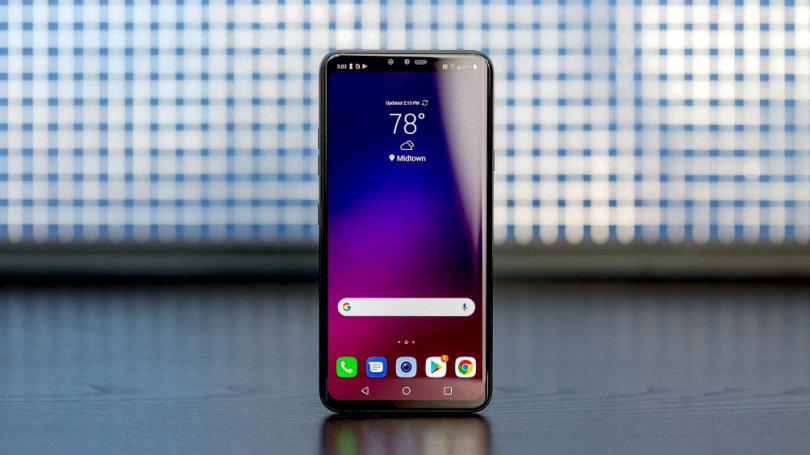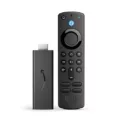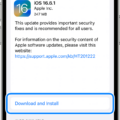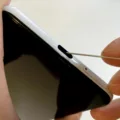In today’s technologically advanced world, having a reliable cellular reception is paramount. Whether you’re making important business calls or simply trying to stay connected with loved ones, a phone with excellent reception can make all the difference. In this article, we will explore the phones that are known for their exceptional reception and discuss some tips to optimize your reception as well.
When it comes to phones with the best reception, the Android platform seems to take the lead. Based on the findings of a recent study by PCMag, Android phones, particularly the LG V40, have been rated as the top performers in terms of cellular signal. This is due to their support for multiple network bands and advanced antenna technology. With these features, Android phones ensure reliable signal reception even in challenging conditions.
If you want to maximize your phone’s reception, there are a few steps you can take. Firstly, consider your surroundings. Obstructions such as concrete walls or metal objects can significantly decrease signal strength. To combat this, try to position yourself in a location where there are no obstructions between your phone and the cell towers outside. Moving closer to a window or stepping outside can often improve reception.
Additionally, removing your phone case can also have a positive impact on reception. Phone cases, especially those made of metal or with thick materials, can interfere with the phone’s antenna and reduce signal strength. By removing the case, you allow the antenna to function optimally, resulting in better reception.
It’s important to note that while certain phones are known for their superior reception, the actual signal strength also depends on external factors such as the proximity of cell towers and network congestion. Nevertheless, by choosing a phone with a reputation for excellent reception and following these tips to optimize your reception, you can greatly enhance your overall cellular experience.
When it comes to phones with the best reception, Android phones, particularly the LG V40, have been consistently rated as top performers. Their support for multiple network bands and advanced antenna technology ensures reliable signal reception in various conditions. By considering your surroundings, removing phone cases, and positioning yourself in favorable locations, you can further optimize your phone’s reception. Remember, a strong cellular reception can make a significant difference in your day-to-day communication, so it’s worth investing in a phone that excels in this aspect.
Which Phone Has Best Signal Strength?
When it comes to smartphones with the best signal strength, the Samsung Galaxy series stands out as a top contender. These flagship devices are widely recognized for their strong cellular reception and call quality.
Here are some reasons why Samsung Galaxy phones excel in signal strength:
1. Multiple Network Bands: Samsung Galaxy phones support a wide range of network bands, allowing them to connect to various carriers and networks. This versatility ensures that you can get a strong signal regardless of your location or service provider.
2. Advanced Antenna Technology: Samsung incorporates advanced antenna technology in their Galaxy phones. This includes multiple antennas and signal amplifiers, which help to improve signal reception and minimize signal loss. These features ensure a reliable and strong signal even in areas with weak coverage.
3. Signal Boosting Features: Samsung Galaxy phones often come equipped with additional features to enhance signal strength. These may include signal boosters, Wi-Fi calling, and advanced network settings that optimize signal performance. Such features further improve the overall signal strength and call quality.
4. Carrier Aggregation: Many Samsung Galaxy devices support carrier aggregation, a technology that combines multiple network bands to increase data speeds and improve signal quality. By utilizing different frequencies simultaneously, these phones can provide a more stable and stronger connection.
The Samsung Galaxy series is known for its excellent signal strength. With support for multiple network bands, advanced antenna technology, signal-boosting features, and carrier aggregation, these phones offer reliable signal reception and superior call quality in various conditions.

Do Certain Phones Get Better Reception?
Certain phones do receive better reception than others. According to a study conducted by PCMag, Android phones tend to have better reception compared to other devices. The LG V40, in particular, was found to be the top performer in terms of cellular signal strength.
The study’s findings suggest that the strength of the signal and the specific device being used play a significant role in reception quality. It is important to note that reception can also vary depending on factors such as location, network coverage, and the presence of obstacles that may interfere with the signal.
Based on the data analyzed by PCMag, Android phones, specifically the LG V40, tend to offer better reception compared to other devices.
Can I Improve My Cell Phone Reception?
You can improve your cell phone reception by following these steps:
1. Move to an unobstructed area: Position yourself in a location where there are no obstructions between your phone and any cell towers outside. This could mean stepping away from metal objects, concrete walls, or other physical barriers that can hinder reception.
2. Get closer to a window or go outside: If possible, move towards a window or go outside to improve your cell phone reception. Being in proximity to these areas can help minimize interference and improve signal strength.
3. Remove your phone case: Some phone cases, particularly those made of metal or with thick materials, can interfere with the signal reception. Removing your phone case may help enhance the signal strength.
4. Avoid crowded areas: In densely populated areas, the high concentration of cell phone users can create congestion and reduce signal quality. Moving away from crowded areas, especially during peak usage times, can potentially improve your cell phone reception.
5. Adjust your phone’s settings: Depending on your device, you may have options to enhance cell phone reception in the settings menu. Explore the network or cellular settings to see if there are any options to optimize signal strength or enable features like Wi-Fi calling.
6. Use a signal booster: If you consistently experience poor cell phone reception at home or in your workplace, you may consider using a signal booster. Signal boosters, also known as cell phone repeaters, can amplify the signal from nearby cell towers to improve reception in specific areas.
7. Contact your service provider: If you’ve tried the above steps and still face persistent reception issues, it may be worth reaching out to your cell phone service provider. They can provide guidance, check for any network issues, or suggest alternative solutions to improve your cell phone reception.
Remember, the effectiveness of these steps may vary depending on your location, the strength of the cell signal in your area, and your phone model.
Conclusion
When it comes to phones with the best reception, it seems that Android phones tend to outperform other devices. The LG V40, in particular, has been identified as the top performer in terms of cellular signal strength. To optimize reception, it is important to ensure that there are no obstructions between your phone and the cell towers outside. Stepping away from metal objects or concrete walls, which can hinder reception, and moving closer to windows or going outside can greatly improve signal quality. Additionally, removing your phone case may also help enhance reception. By following these tips, you can maximize the reception capabilities of your Android phone and enjoy reliable signal performance in various conditions.








